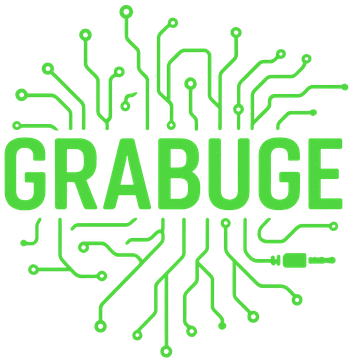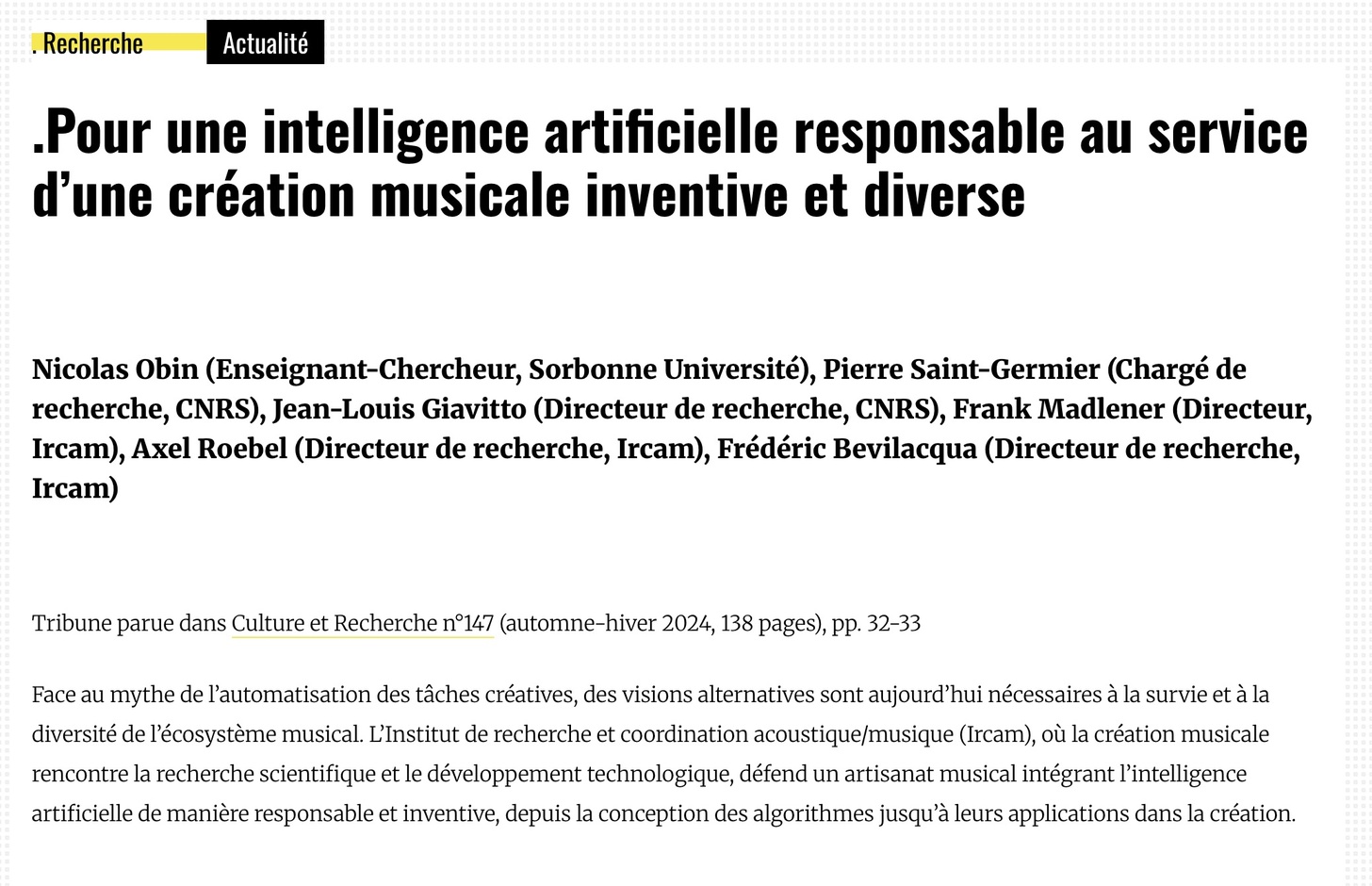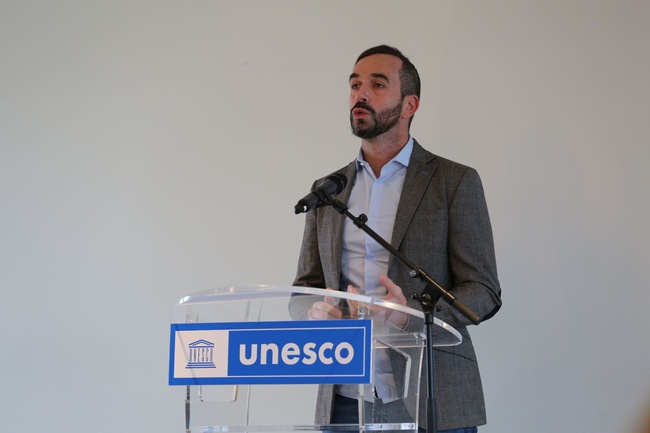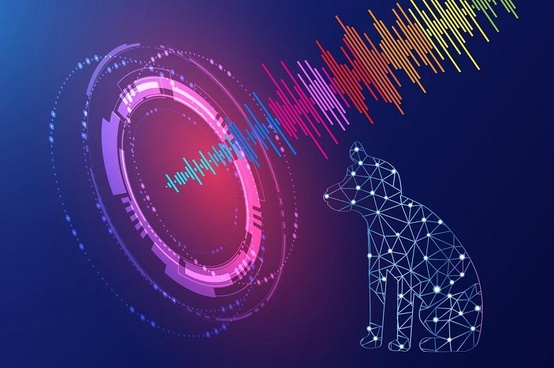Supervision de thèses de doctorat
Encadrement de thèse (en cours)
[ 2025-2028 ] Anthony Gallien, Machine Learning for Acoustical In-Painting in Augmented Reality: Enhancing Immersive Audio Realism, École doctorale informatique, télécommunications et électronique (EDITE). Bourse doctorale du Sorbonne Cluster for Articial Intelligence (SCAI). Direction, et co-encadrement avec Markus Noisternig et Benoit Alary (STMS, équipe EAC).
[ 2024-2027 ] Balthazar Bujard, Modèles de couplage entre signaux temporels pour le contrôle créatif de la synthèse sonore, École doctorale informatique, télécommunications et électronique (EDITE). Co-encadrement avec Frédéric Bevilacqua (Direction) et Jérôme Nika (STMS, équipe ISMM).
[ 2024-2027 ] Diego Andres Torres Guarrin, Conversion neuronale des attributs de la voix, projet ANR EVA, École doctorale informatique, télécommunications et électronique (EDITE). Direction et co-encadrement avec Axel Roebel (STMS).
[2023-2026] Téo Guichoux, Génération multimodale du comportement et transfert de style pour l’animation
d’un agent virtuel, bourse du ministère, École doctorale informatique, télécommunications et électronique (EDITE). Co-encadrement avec Laure Soulier (Direction) et Catherine Pelachaud (ISIR)
[ 2023-2026 ] Mathilde Abrassart, Conversion neuronale de la voix pour la création d’attaques à l’usurpation d’identité, projet ANR BRUEL, École doctorale informatique, télécommunications et électronique (EDITE). Co-encadrement avec Axel Roebel (Direction, STMS).
[ 2023-2026 ] Théodor Lemerle, Expressive text-to-speech synthesis for virtual storytelling, projet ANR EXOVOICES, École doctorale informatique, télécommunications et électronique (EDITE). Co-encadrement avec Axel Roebel (Direction, STMS).
Encadrement de thèse (soutenue)
[2017-2025] Lisa La Pietra, Fonction et approches de la vocalité lyrique et contemporaine aujourd’hui. L’interprétation vocale entre le Belcanto et les nouvelles technologies. Co-encadrement avec Antonio Lai (Direction, Université Vincennes -- Saint-Denis). École doctorale «Esthétique, sciences et technologies des arts» (EDESTA). Thèse soutenue le 9 décembre 2025.
[ 2019-2022 ] Clément Le Moine, Neural conversion of social attitudes in speech signals, en collaboration avec Stellantis, programme doctoral Ph2D/IDF, École doctorale informatique, télécommunications et électronique (EDITE). Co-encadrement avec Axel Roebel (Direction, STMS). Thèse soutenue le 27 février 2023
[ 2019-2022 ] Mireille Fares, Multimodal expressive gesturing with style, programme doctoral AI @ Sorbonne Université, École doctorale informatique, télécommunications et électronique (EDITE). Co-encadrement avec Catherine Pelachaud (Direction, ISIR). Thèse soutenue le 15 février 2023
[ 2019-2022 ] Killian Martin, Cognitive control of Rooks’ vocalizations, ED 549 Santé, Sciences Biologiques et Chimie du Vivant, Université de Tours, 2019. Co-encadrement avec Valérie Dufour (Direction, CNRS). Thèse soutenue le 13 décembre 2022.
[ 2013-2016 ] Olivier Migliore, Analyser la prosodie musicale du punk, du rap et du ragga français (1977-1992)
à l’aide de l’outil informatique, co-encadrement avec Yvan Nommick (Direction), École doctorale Langues, littératures, cultures, civilisations, Université Montpellier 3. Participation à l'encadrement. Thèse soutenue le 13 décembre 2016.
Le projet TheVoice sélectionné pour les 20 ans de l'ANR
GRABUGE (2025) -- Rejoins-nous !!
Groupe de Recherche /S/onore et Autres Bidouilles Utopiques, Géniales et Éphémères
Soutenance d'habilitation à diriger des recherches
Composition du jury
• M. Thomas HUEBER, Directeur de recherche CNRS, GIPSA lab, Rapporteur
• M. Emmanuel VINCENT, Directeur de recherche INRIA, MultiSpeech, Rapporteur
• M. Bjorn SCHULLER, Professeur, Imperial College London, Rapporteur
• M. Gérard BIAU, Professeur, Sorbonne Université, Examinateur
• M. Jean-François BONASTRE, Directeur de Recherche INRIA, Défense et Sécurité, Examinateur
• Mme Catherine PELACHAUD, Directrice de recherche CNRS, ISIR, Examinatrice
• M. Axel ROEBEL, Directeur de recherche, IRCAM, Examinateur
• Mme Isabel TRANCOSO, Professeure, INESC - Université de Lisbonne, Examinatrice
• Mr Nicolas BECKER, Designer sonore et artiste, Membre Invité
Le texte de mon HDR est librement accessible sur HAL.








